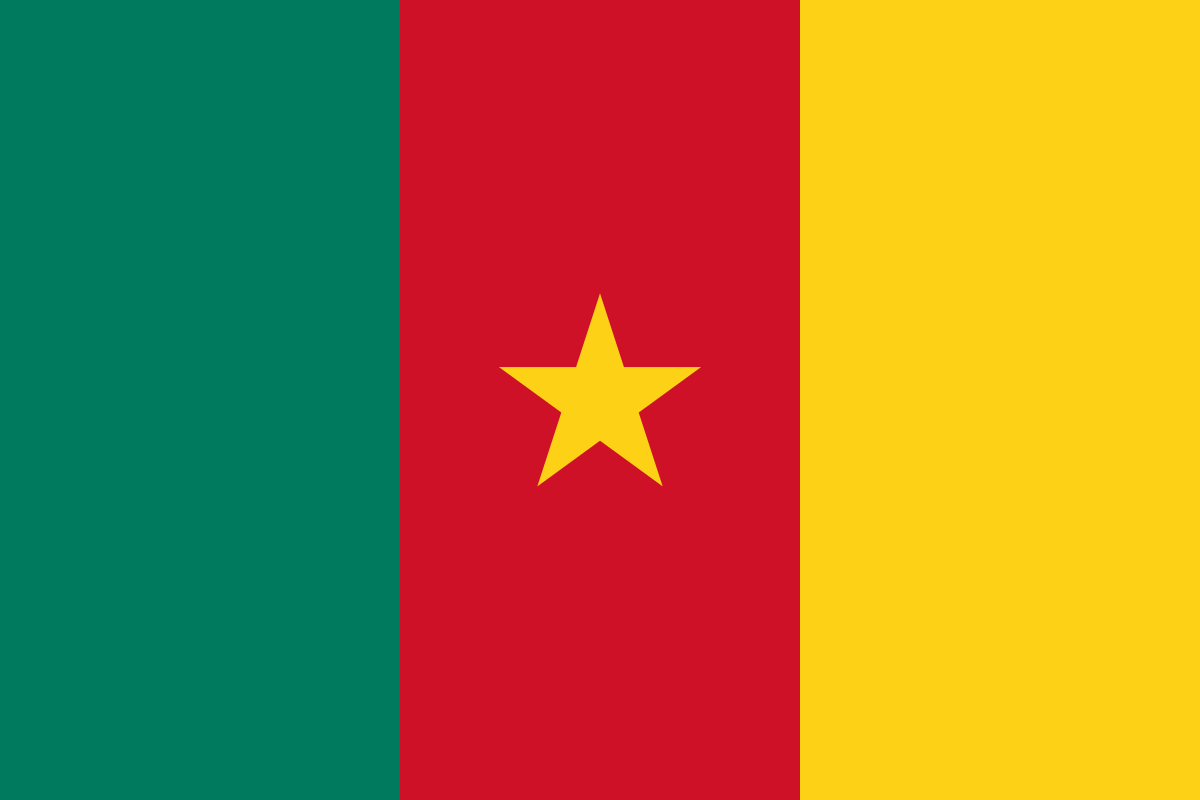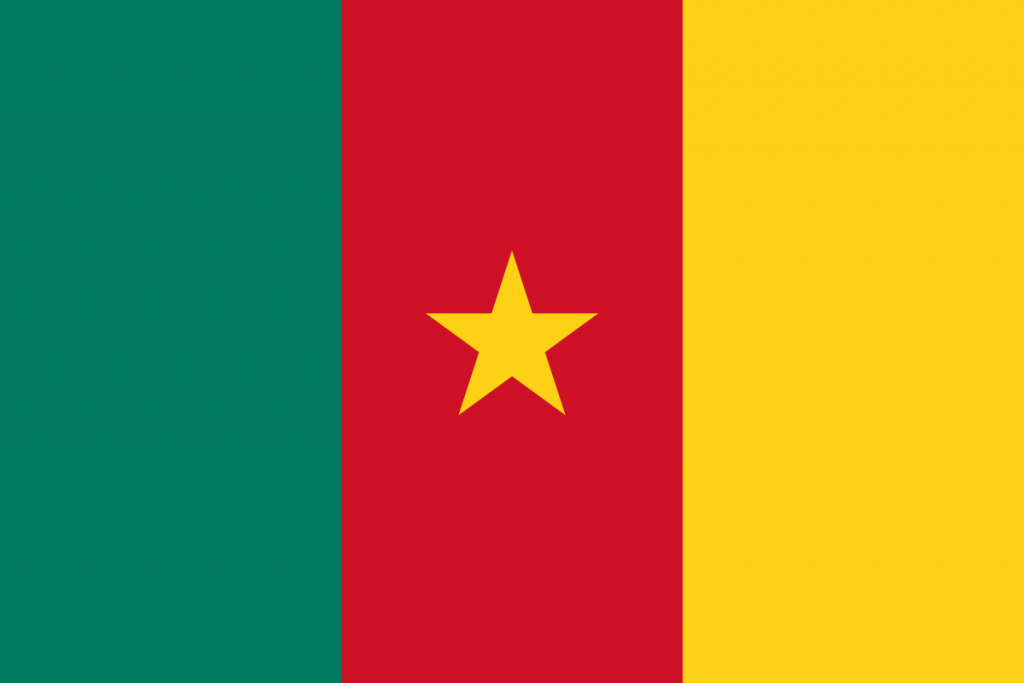Cameroonian security forces have killed at least four civilians and raped one woman since mid-June 2019 during security operations in the North-West region. Those killed include an elderly man with a physical disability and a young man with a mental disability.
“These latest crimes add to a long string of abuses by Cameroonian security forces,” said Lewis Mudge, Central Africa director at Human Rights Watch. “Instead of seeing that justice is done, Cameroon’s authorities deny that their forces are killing and raping people, so it is essential to remind them that the world is watching.”
Human Rights Watch interviewed witnesses, victims’ family members, medical personnel, and other residents who described the security forces’ actions. Human Rights Watch has not been able to access the country since its researcher was denied entry, without explanation, on April 12.

Over the past three years, Cameroon’s Anglophone regions have been embroiled in a cycle of deadly violence that has claimed 2000 lives and uprooted almost half a million people from their homes.
Unlawful killings and use of excessive force by government forces during security operations have been rife since the crisis started. Human Rights Watch has documented extensive burning of villages by members of the security forces between 2017 and 2019 in both the North-West and South-West regions, as well as killings of civilians and sexual violence.
In the Alachu neighborhood of the city of Bamenda, on July 10, soldiers from the Cameroonian Air Force, which is stationed nearby, killed Nche Otaghie, a 20-year-old man with a mental disability, and Godlove Neba, a construction worker, during security operations. Fru Benego, an 80-year-old man, was also killed that day by a stray bullet during confrontations between the soldiers and armed separatists.
Soldiers were deployed to Alachu after clashes between the security forces and armed separatists broke out at about 11 a.m. and continued their operations until about 4 p.m.
One resident saw soldiers enter Otaghie’s home around noon. The witness said: “The military were all over, searching homes and threatening people. I saw them entering Nche’s home, and then I heard a gunshot. When the soldiers left, I rushed there and found Nche on the ground, outside the house. He had been shot in the chest. We covered him with plantain leaves.”
Another witness said that later that afternoon he saw Air Force soldiers stop Neba, who was on his motorcycle, forcing him to dismount, abuse him, and then kill him: “I work in front of where Godlove was killed. He was stopped by the military, forced off his motorbike. The soldiers immediately put the motorbike behind their truck…. There was an argument between Godlove and the military. I saw the military stripping off his clothes and dragging him on the road. Then one of the soldiers came forward and shot him twice.”
Neba’s body remained on the road until residents collected it the next day for burial.
The residents of Alachu are too frightened of the authorities to lodge formal complaints with them about the killings.
This is the second time, in less than two months, that Air Force soldiers targeted civilians in Alachu. On May 15, dozens of homes were burned and a man dragged out of his home and killed. The authorities announced an investigation into the burning of homes and the establishment of a commission of inquiry to evaluate the material damage and property destroyed. The commission was due to submit its report by May 24, but the authorities have made no information about the findings public.
Human Rights Watch spoke to many victims of these earlier attacks. The majority said that they had not been contacted to register their losses, and none had yet received any compensation or knew of anyone in the neighbourhood who had.
On July 4, Cameroonian soldiers killed Yuo Carine Fru, a 24-year-old nurse, and severely wounded her 15-year-old sister in their home in Bamenda. Armed separatists had killed a soldier near their home that afternoon, and neighbours said the killing may have been an act of retaliation. A brother who was also there managed to hide from the soldiers, they said.
A family member said: “We found Carine and her sister in a pool of blood. Carine died on the way to the hospital.” A nurse confirmed to Human Rights Watch that Fru had been shot in the neck. Her sister was still receiving treatment for her injuries.
On June 21, a group of at least 20 soldiers that included members of the Rapid Intervention Battalion (Bataillon d’intervention rapide, BIR), killed an elderly man with mobility and hearing impairments and raped a 40-year-old woman in Kumbo, North-West region.
Several residents told Human Rights Watch about the killing of Pa Vincent Winkar, who was described as being in his 80s or 90s. One man from Kumbo said: “Many fled when they heard gunfire. But there was this old father who couldn’t run and remained behind.” The witness, who fled when he saw the military arriving, helped to bury the elderly man. He said: “He had hearing problems, so he didn’t hear the shooting. The military entered his home and killed him in the kitchen. He was shot in the stomach.” The residents have not lodged a formal criminal complaint, fearing retaliation.
The rape victim said: “Five soldiers broke in, beat me, and brought me out in front of my neighbors’ house. They asked me and my neighbor, a woman, where the Amba Boys [separatists] were. We said we didn’t know, so they beat us. I was hit in the stomach. A soldier asked a colleague for a condom and told me to go toward the toilet. He followed me with a gun. He said, ‘If you scream or say anything, I will kill you.’ He raped me and left. When I went back home, I found that all my money had been stolen.”
The woman was able to go to a hospital to receive post-rape treatment the same day. But she said she did not report the rape to the authorities, fearing retaliation. She has since fled Kumbo.
The international community has become increasingly aware of the serious crimes in the Anglophone regions, despite Cameroonian government efforts to prevent coverage and documentation of violations. The office of the United National High Commissioner for Human Rights in 2018 requested access to investigate abuses in the region, raising concern about lack of access for human rights and humanitarian actors, but has not received permission. In recent weeks, Switzerland took steps to mediate talks between the government of Cameroon and separatist leaders, amid international calls to address the crisis.
Both Cameroonian authorities and the separatists should stop abuses against civilians and strictly respect human rights law, Human Rights Watch said. The government should immediately investigate these killings and all allegations of abuse, including unlawful and excessive use of force by its forces. It should permit human rights monitors to operate without hindrance and allow independent scrutiny of its efforts to adhere to international human rights law.
“Security forces seem to have little fear of what will happen as they commit brazen crimes against civilians,” Mudge said. “These attacks only further entrench the perception that the government cares more about crushing dissent, real or perceived than it does about protecting its people and ensuring justice.”

